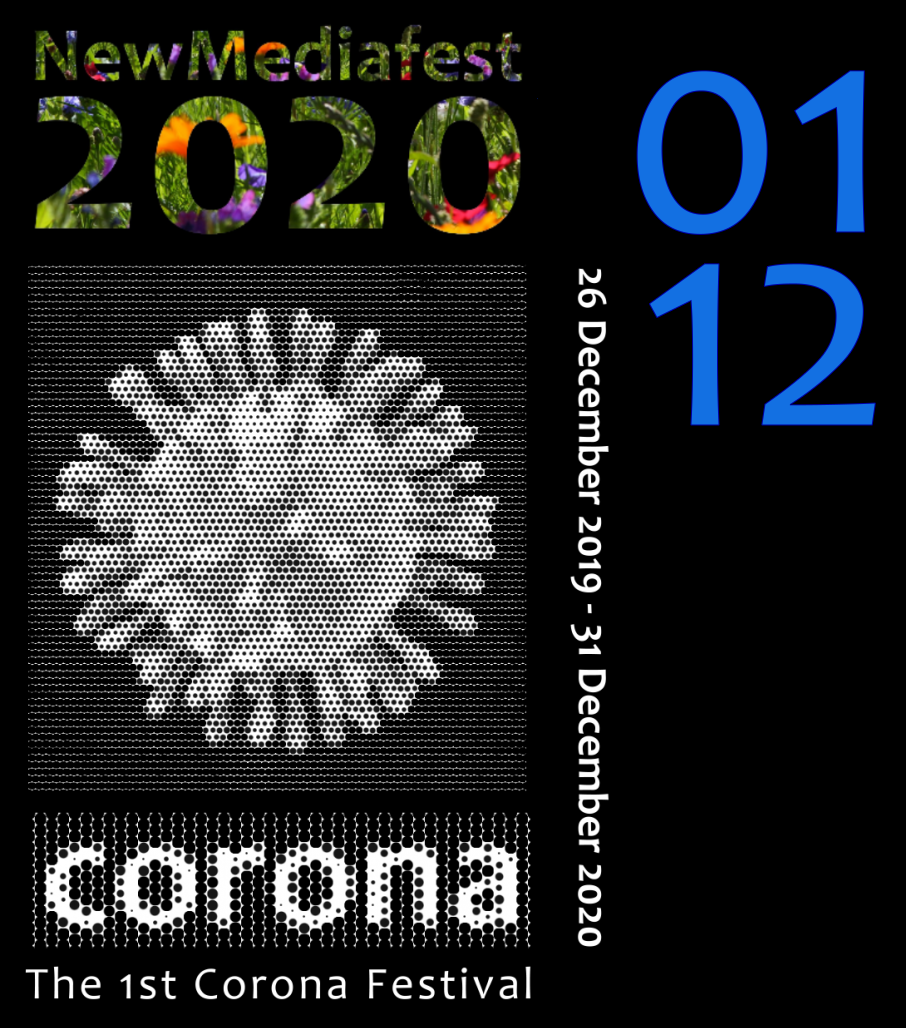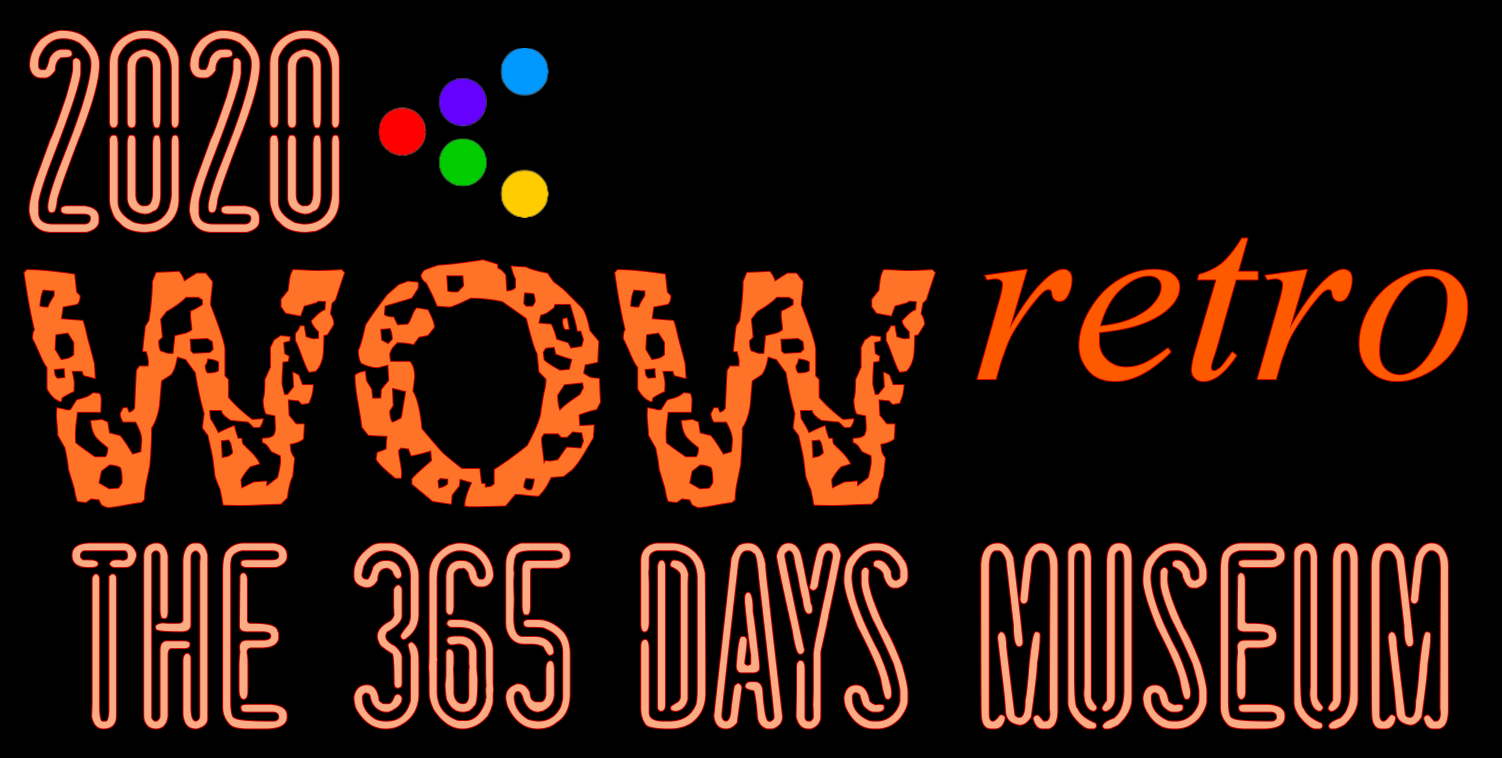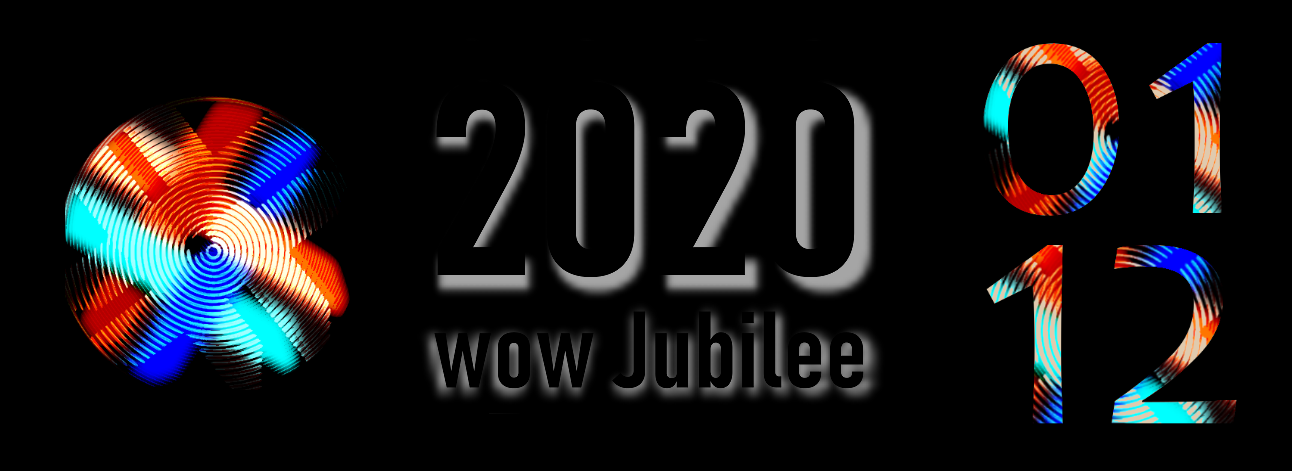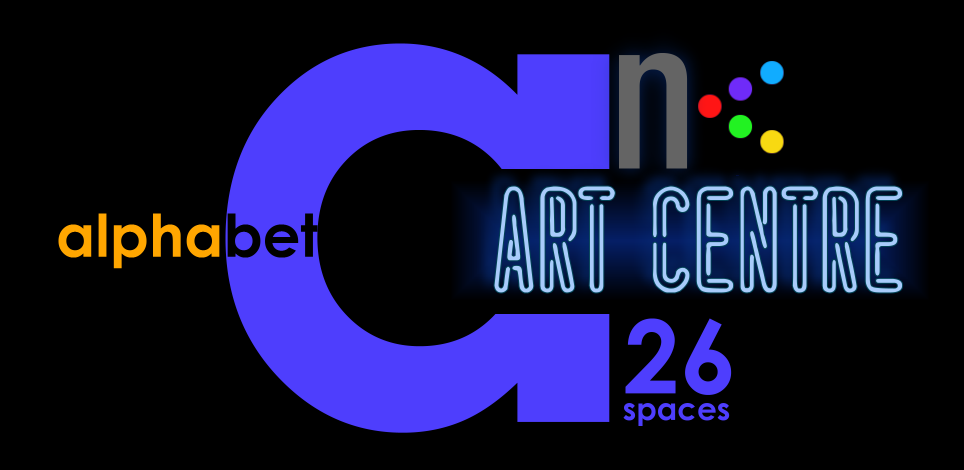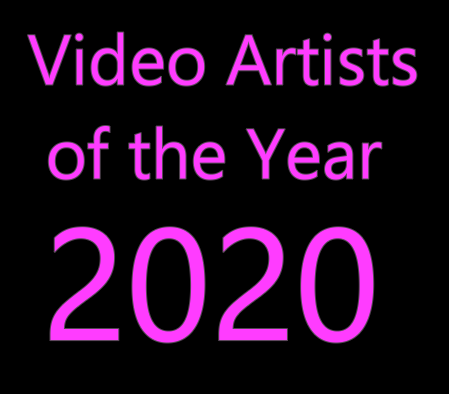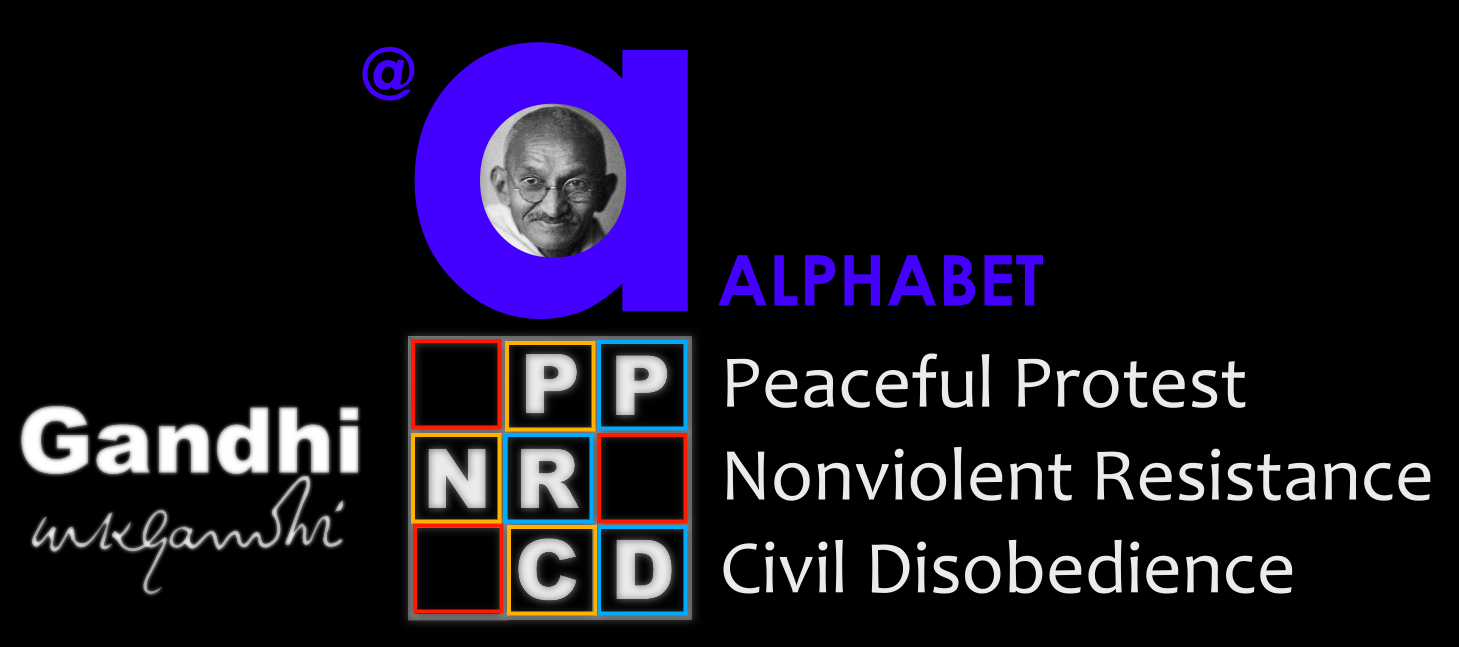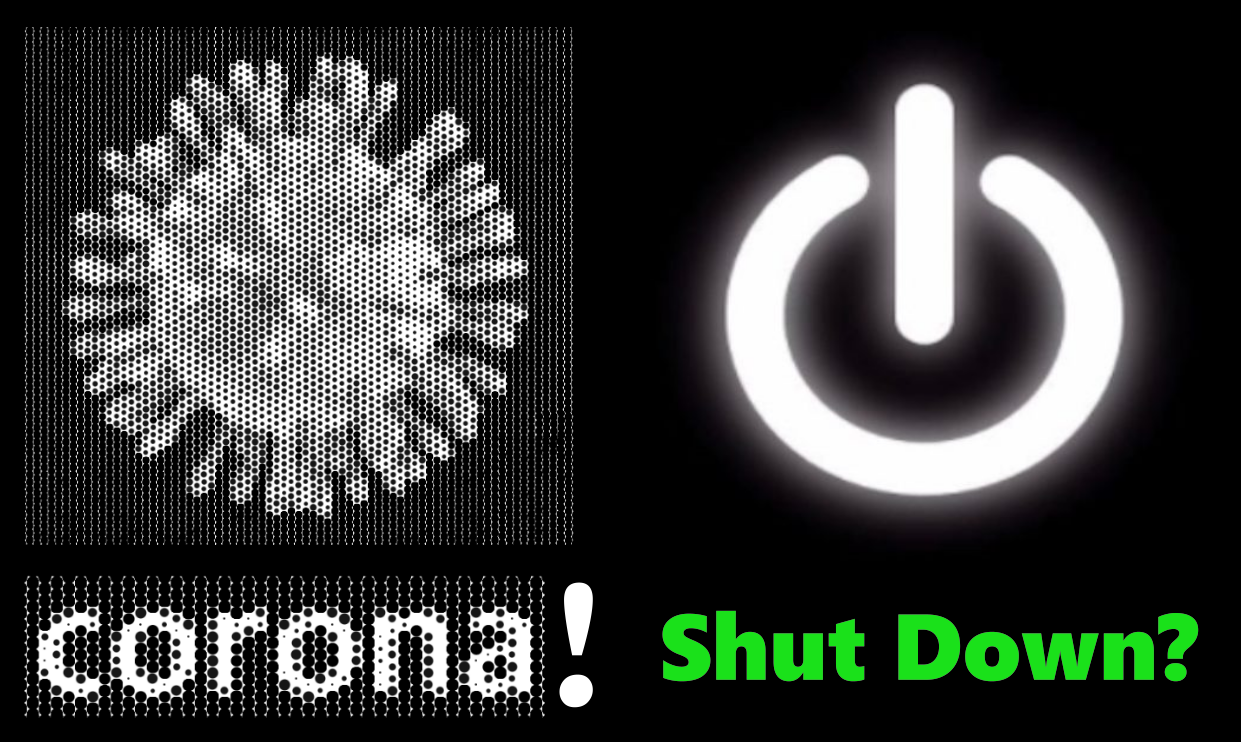video feature
Claudia Borgna
Report from Italy
Over The Real Festival Lucca

New Media Fest – WOW jubilee 2020
MOVING THE CHANGE
curated by Wilfried Agricola de Cologne
presented at OVER THE REAL International Video Art Festival
Lucca 01/10/2020
now screening at ALPHABET

http://cinema.nmartproject.net/cinema-o/

Reporting from Lucca: Claudia Borgna.
On 30th September I set out to Lucca to attend the 5th edition of Over the Real, the International Video Film Festival organised and directed by Maurizio Marco Tozzi, Lino Strangis and Veronica D’Auria.
From 30th September to 4th October, this year’s edition took place at Fondazione Ragghianti, a cultural centre for the arts connected to academia with its own library and film & photography archive (https://www.fondazioneragghianti.it/en/fondazione-ragghianti/).
Previous editions, Maurizio Marco Tozzi explained, were hosted by an important art space in the renown seaside carnival town of Viareggio, another Tuscan jewel I happened to stop
by while waiting for my train connection to Lucca.
A very well looked after ancient monastery, Fondazione Ragghianti (https://www.fondazionecarilucca.it/fondazione/fondazione-tra-arte-e-storia) it’s easy to find when entering the pristinely kept medieval town walls from Porta Elisa. It’s there, on the left, where the stone cobbled alleys start weaving their maze. Botteghe, Bar, Pasticcerie, Gelaterie, Pizzicherie, all sorts of Tuscan eateries tickle the appetite of tourists whose glances are lost in yet another architectonical landmark, wether a church, a cathedral, a palazzo, a piazza or a roman amphitheatre.
This year’s novelty is the collaboration between Over The Real and Lucca Film Festival (https://www.luccafilmfestival.it). This well thought conjunction aims at broadening audiences intersecting links between the established film genre to more experimental and progressive video art.
On Wednesday 30th September, at 8:30PM on the dot, Maurizio opened the festival in a brief unpretentious tone to the about twenty of us: several male students, some middle aged people, and a handful of young cameramen documenting the evening. At time, new people came in, while other left.
In his somber presentation, Maurizio also mentioned the artists’ names attending the festival, I was one of the two.
 I was excited to be there. I rarely have the opportunity to take time off to watch video art. Watching videos requires time, patience and a focused mindset. For example, it’s difficult
I was excited to be there. I rarely have the opportunity to take time off to watch video art. Watching videos requires time, patience and a focused mindset. For example, it’s difficult
to squeeze in more than one video when visiting large exhibitions at museums, galleries or at biennials or retrospectives. A video art festival is definitely the best way to enjoy and get
the most out of the works.
All videos were screened in what was once the monastery’s church now converted into a conference room. The festival’s innovative time base media aspect contributed to add
another strata to the layering of history of this place.
To access the seating area of the conference/cinema/art-space, you first stepped into a church, then walked through its antique wooden prayer benches, went past the altar and
slipped into the backroom, where comfortable rows of cobalt blue office chairs welcomed you into a Covid pandemic designated area. Oversized Xs marked the chairs and warned the masked and sanitized audience about social distancing. A rather Surrealist, or even better, Dadaist scene, especially if you happened to notice the Covid-generation thermometer abandoned on the christian altar.
So yes, I had 2 glasses of local wine with my dinner and was indeed very happy, ready for my first day three-and-half-hours video treat!
I really enjoyed the opening section Over the Real, curated by D’Aura, Strangis and Tozzi: a brilliant and welcoming start. Well into the second hour, my attention started to fade
away though. Thankfully, Marina Fomenko’s “Collective is near” Now&After selection, revived my eco-feminist interest with the videos titled A Ball and Weeds. But by 11:30pm, the end of the evening’s screening, I was totally worn out and quickly cycled through the pedestrian and bike friendly historic centre of Lucca to my little B&B room.
The following day, the screening started at 4pm. Again, in very high spirits (no wine this time) I claimed my uncrossed blue chair.
After Marc Mercier’s Instant Video selection, which I very much enjoyed as the racially most diverse representation of the video festival, I started fidgeting on my seat, constantly
checking the programme’s schedule: my attention was crashing down again.
When I thought I was going to die, killed by the technological creativity of my own kind fellow artists, Wilfried Agricola de Cologne’s Moving the Change started.
WOW! I was suddenly alert: alive with goose bumps rushing up and down my body.
 Impressive, magnificent, Wilfried’s programme poignantly illustrated our environmental crisis sending a strong, heartbreaking, visceral message.
Impressive, magnificent, Wilfried’s programme poignantly illustrated our environmental crisis sending a strong, heartbreaking, visceral message.
The artists of the programme skilfully expressed their angst using the medium of videobalancing beauty, poetry, concepts, environmental and creative sensitivity in one harmonious voice, or should I say chorus? The narrative of the programme, beautifully — as in the beauty that nature gifts us, being the outstanding component of this section — captured the complexity of culture-nature relationships and the dire consequences global society is facing. Moving the Change’s environmental message was never boring or condescending. Creatively narrated, it portrayed nature in a very sensitive respectful yet hypnotic way.
I could not help but feel honoured, proud and grateful to be part of such project and glad I could witness in person the effortless and quasi natural flow of images. Wave after wave, the screen flooded with touching, refreshing, yet scary beauty, because you sensed that behind all that sublime lied an-other power. This reminder was an indeed humbling way to
end the festival’s video screenings.
Either in apocalyptic, kaleidoscopic, nostalgic, futuristic formats, nature was represented in most videos, often as a background to culture rather than in a symbiotic relationship, which
was more the intent of Moving the Change instead. Throughout the festival, over and over, different interpretations of nature were featured, I am not entirely sure if always with a
conscious intent. I often saw them as artificial versions of manipulated nature — a human production of nature, or maybe its attempt to filter with technology the overwhelming
impossibility to grasp, come to terms with, and accept nature.
 The next day, alarming weather conditions and red alerts screeching out of railways stations’ weathered speakers (humans’ realisation of the imminent climate change), accompanied my journey back home. So I missed Frabrizio Plessi’s talk, possibly the Festival’s one and only engagement opportunity for the audience to collectively process seven hours (3.5 consecutive hours per session) of relentless non-stop-video screening.
The next day, alarming weather conditions and red alerts screeching out of railways stations’ weathered speakers (humans’ realisation of the imminent climate change), accompanied my journey back home. So I missed Frabrizio Plessi’s talk, possibly the Festival’s one and only engagement opportunity for the audience to collectively process seven hours (3.5 consecutive hours per session) of relentless non-stop-video screening.
Sadly this “videothon” did not provide spaces for exchange to collectively elaborate impressions on the Festival. Even just little breaks in-between programmes, would have been useful to activate the audience with their reflections, questions and opinions. The opening up of the space to interpersonal interventions, so to bridge over from seatedisolation to a sense of we-are-in-here-together, was an important missing ingredient of this event.
To conclude, the Festival portrayed a rainbow of ways of seeing through the video lens set on “creative mode”. The Over the Real selection, was a beautiful poetic strong beginning to Moving the Change truly moving powerful end.
Watching the works by so many artists (78), curated by different curators (9), was also very informative, if not only to observe different geo-cultures sensibilities. To me it was also an opportunity for growing awareness, while assessing how much more work needs to be done in the “w/humenisation” process of civilisation.
On Saturday 3rd October, from 2:00 to 9:00PM, a full screening of the festival was made available to everyone online (overthereal.com). Nevertheless, the event definitely deserves, not only a large screen presentation, but also a much larger audience. Few people only attended on the first day of the festival and hardly any on the second day.
I am very thankful to Maurizio’s investment organising the Festival and keeping contemporary art afloat in Italy. Not at all an easy task in the era of Covid, budget deprived realities, money shy sponsors, political adverse forces and often incompetent local administrations that keep folks starved of contemporary art depriving them of vital dialogues such the one between history and modernity.
So I hope for future platforms, where to broaden our critical thinking skills and especially elaborate on the dynamics of representation, such as who/why/how is representing, and who/what/why/how is represented so to widen up space to larger and more diverse audiences.

Moving The Change
Curated by Wilfried Agricola de Cologne
James Murphy (Ireland) – Moving Water, 2019, 1:59
Marcha Schagen (Netherlands) – Melt Less CO2, 2019, 3:48
Abe Abraham (USA) – Salt Water, 2017, 5:52
Susanne Wiegner (Germany) – Sunrise, 2019, 5: 46
Xia Han (China) – The Gift, 2019, 14: 23
Claudia Borgna (Italy) – L’ultimo Accordo I, 2016, 06:05
Carolin Koss (Finland) – Plastic Child, 2016, 12:11
Fran Orallo (Spain) – Death Dance, 2017, 1:00
Isabel Perez del Pulgar (Spain) – Horizon, 2019, 5:08
Shon Kim (South Korea) – Latent Sorrow – 2006, 3:30
Screening at ALPHABET

http://cinema.nmartproject.net/cinema-o/




